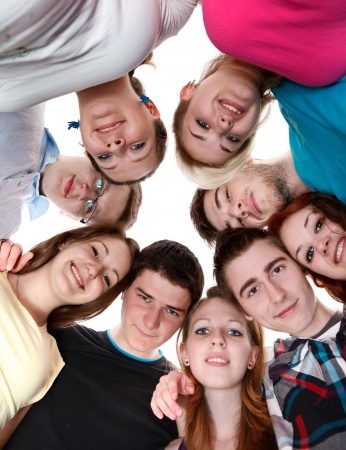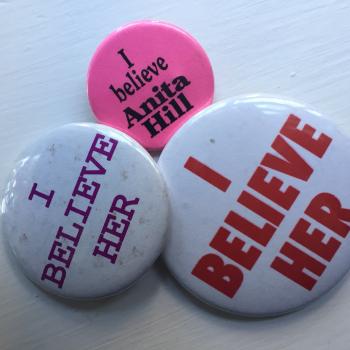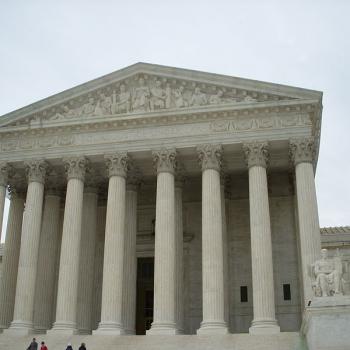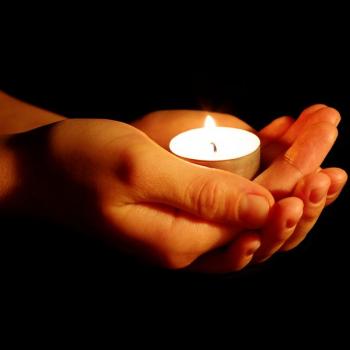Dear Casey,
It is fine, I wanted to poke your brain a little with what I wrote, which is why it took me so long. Now with regards to your question about whether I think that the harms to POC that came with integration were explicitly intentional or not. I do not believe that schools were intentionally integrated to harm Black students’ dignity. I do believe that people thought integration of the schools was the best thing for the advancement of Black people and a step in the eradication of racism. I think what did happen was that since they could not stop the integration, white people in power who did not want the integration to happen had to find a new way to oppress the black students which is how we get our system today.
I completely understand/agree with your point about white people having to have a personal connection with Black people to understand what is going on. I also agree that ignorance and complacency play a huge role in preventing white people from hearing Black voices. But, my follow up questions are: Do you think white people can help unclog the ears of other white people to make them more willing to listen to Black people? If so, why are they not doing that already? And why are white allies not leading other white people who do not understand the struggle of POC? I ask these questions because as I was reading your entry, which leads into your next point about white liberals, why are the white people who can hear the screams of Black people not actively working to unclog the ears of their acquaintances?
In my class, we have discussed Young as well and discussed this exact thinking about the distinction between guilt and responsibility and I think it is a great explanation. My issue with it is the line between guilt and responsibility so hopefully you can give me a little more insight. Does directly participating in something that continues racism make you guilty? Or are you just a product of society and are just responsible?
For example, going back to Nazi Germany, are the people who boycotted Jewish businesses or did not speak up when their Jewish neighbors and friends started to be deported guilty of advancing the Nazi agenda? Or are they just responsible?
I agree that it is not individual white people’s fault that they live and participate in a racist society, but I do think that individual white people are guilty, in the sense that Young speaks of guilt, for the continuation of racism and I think Yancy would agree. I agree with him that men are guilty of being sexist, whether we like it or not. I think one of Yancy’s points is that we cannot fight racism and appease white people. That white people are going to have to feel uncomfortable to make a change and take a hard look at how they are guilty of being racist and responsible for racism. I think that telling them that they are not guilty of racism defeats that purpose and only continues this idea of denial because while they did not directly implement the institutional structures that oppress black people they may do things that help to promote those structures.
Yancy talks about how the white women who posed the question about Yancy’s elevator example might be thinking about times where she was racist and in order to feel not feel guilty, she “lies” about being mistaken and not being racist. But I think the other important point that Yancy brings up is the fact that we do not want to hinder progress or make white people feel guilty. I think rather we want and need to incite change and make white people want to change because they realize their guilt. Also when you say it is their job to work on fixing it, what are white people needing to work on fixing? If it is fixing the racist culture and institutional racism, I do not think it is white people’s role to fix that. I think Black people are more than capable of fixing the culture ourselves. What we need help with is changing the minds of white people so that they respect us as people and will listen to our cries.
Back to your answers about your goals of being an ally, I think those are great goals, granted I have no clue what an ideal ally would be. I was just curious as to how you see yourself as an ally and what you think it means to be an ally. For me, I guess the ideal ally would be someone who works with their white counterparts to change the mindset white people have about race and racism. I think that is the most effective and most beneficial for the struggle of equality and eradicating racism. By making more white people open to hearing what Black people have to say, we can create real change by erasing the racism and institutional racism that is oppressing Black people instead of just changing the name of the institution and calling it progress.
Dear Chris,
That’s a really good question about the line between guilt and responsibility. Young argues that the two aren’t mutually exclusive, and I think that’s exactly what the situation is with racism. My thoughts are that people are responsible for “racism” as a cultural and institutionalized fact of our society and guilty for the individual racist acts they commit. In other words, they are not guilty of being racist, but are guilty of any of their own behaviors that result from that racism.
Likewise, I would say men are not guilty of being sexist but are guilty of their sexist actions. They are responsible for sexism, but the fact that they are sexist isn’t their fault—it’s an unavoidable part of living in our society.
I completely see what you’re saying about how ignoring white people’s guilt can be a way of appeasing them and letting them continue in a state of denial, but I think if white people can rightly understand what it means to be responsible in the way Young uses the term, then being relieved of personal guilt doesn’t in any way imply they can continue being complicit in racism. We need to tell white people this is their problem even if they aren’t personally guilty of their own racism. They are still responsible for racism and still need to act.
What exactly white people are responsible for fixing is a harder question for me. I would say it’s certainly important to help other white people come to understand better how racism operates and in what ways they perpetuate it and are responsible for it. But although I see where you’re coming from, I somewhat disagree that Black people can change the culture independently of white people. I do believe Black people have to be the guiding force behind this change, but simply by the nature of culture, I don’t see a way to make that change unless the majority of the population, regardless of race, can agree that it’s an issue and cooperate to change it.
Culture is formed in the public arena, yes, but it’s also formed in every household, every classroom, and every Girl Scout meeting. Culture is learned every time a child (or anyone) interacts with others and learns new behaviors and social norms. In order to make a cultural shift, I think everyone, white people included, needs to take an active role, starting in their own families and social groups.
I don’t know what I think about white people unclogging the ears of other white people. I want to say they can, but I’ve personally met with so little success when I try. A lot of times it’s running into the white liberal problem. I’m met with “Yeah, I know racism is real and bad,” and then they won’t listen to anything else. Or sometimes people will flat out tell me that they don’t believe the experiences of Black people that I’m telling secondhand are actually things that happen to Black people. It’s a frustrating paradox because it feels like they don’t believe me when I talk to them about the subtle ways racism happens in our country because I’m not Black, but at the same time don’t believe Black people when they talk about it because they’re just “angry Black people” being oversensitive.
I don’t know what the answer is, but maybe a good place to start would be figuring out why most white people aren’t willing to listen. If we can figure out what those white people are trying to avoid, it could help us find ways that white allies at Elon might be able to talk to their white peers about racism in a way that makes it easier for them to accept. Are they most afraid of being called racist? Hesitant to involve themselves in a fight without easy answers? Unwilling to engage in an issue that they don’t feel relates to them? Each of those has different implications for how to start a conversation about race.
I think Yancy would argue that one of the core issues is simply denial of the embedded racist self. White people want to believe that we are autonomous—that we are only being racist if we are making a conscious decision to be racist and that those decisions are the only things we’re responsible for. By not recognizing the opaque racist self, white people believe that they would know if they were racist. If they don’t see their own racism, it probably doesn’t exist, and if they, as a fully autonomous individuals, are not being racist, they have no responsibility to address racism. They may passively support antiracist efforts when it is convenient and comfortable for them, but since they are not responsible, this is just a bonus that proves how good and liberal a person they are.
This spring I am teaching two classes that deal with the issues of race and racism. One is “Racism and Black Theology” and the other is “Poverty and Social Justice.” I invited one student from each class to engage in a dialogue about race and racism at Elon University while drawing on their learnings from each course. This is the fifth in a series of posts that will chronicle that dialogue. I hope their conversation will prompt readers to also think more critically about issues of race and racism. And I invite readers to engage their ideas in the comments section.
The authors of this dialogue are Chris Tarpley (Racism and Black Theology) and Casey Morrison (Poverty and Social Justice).













